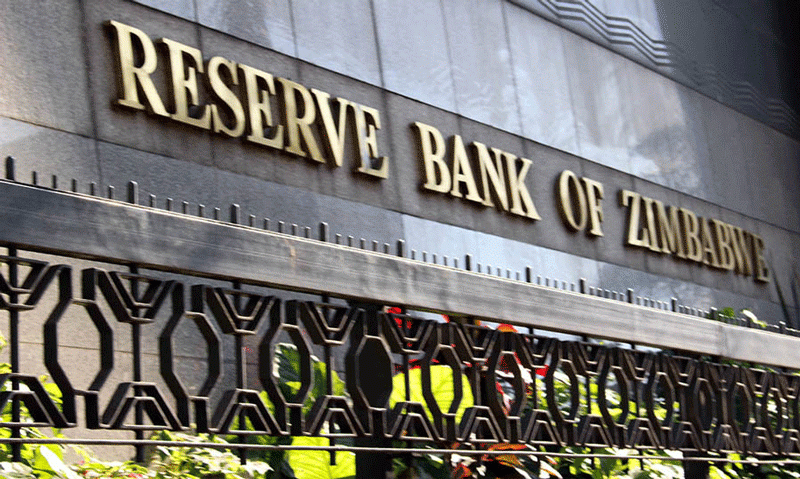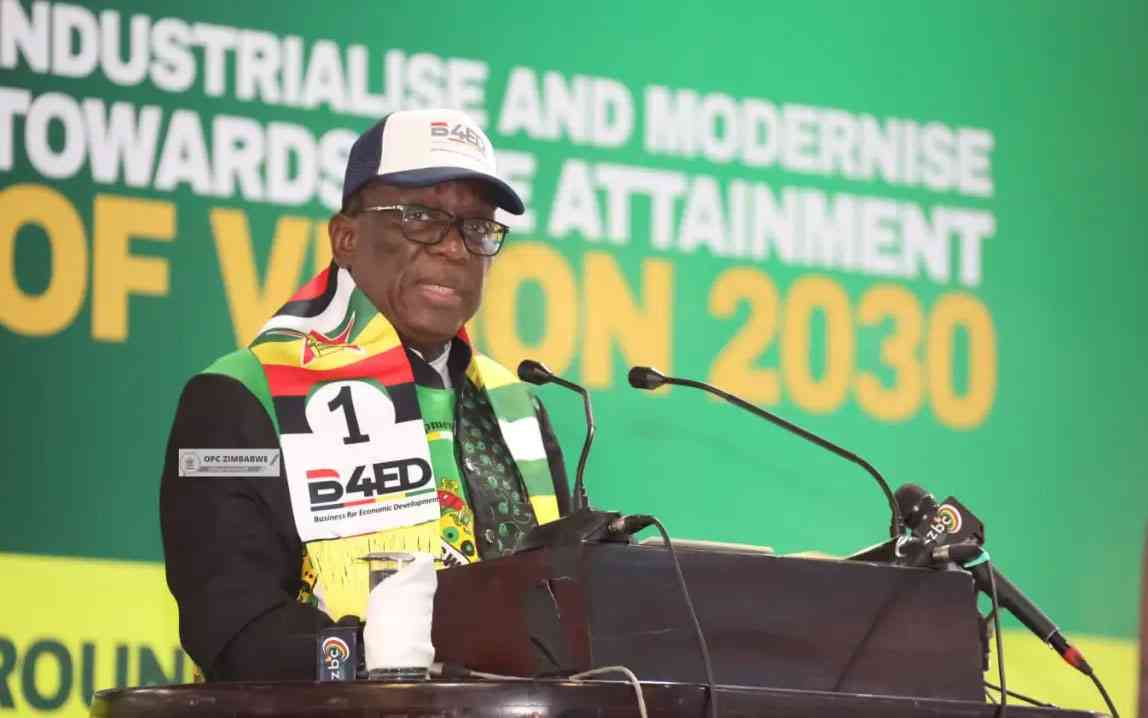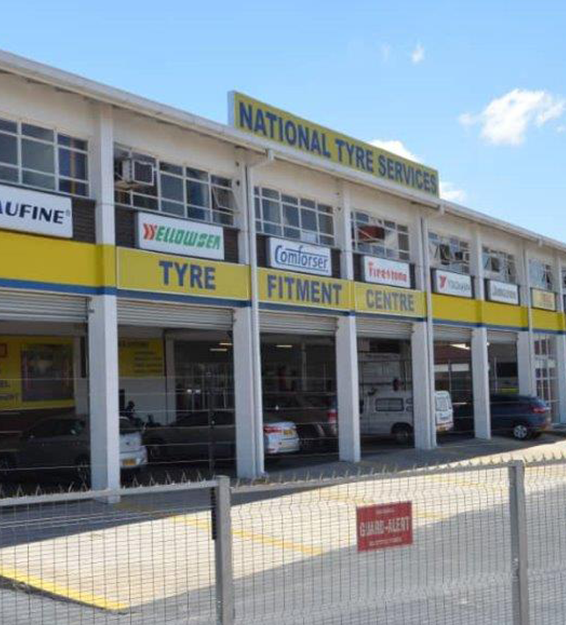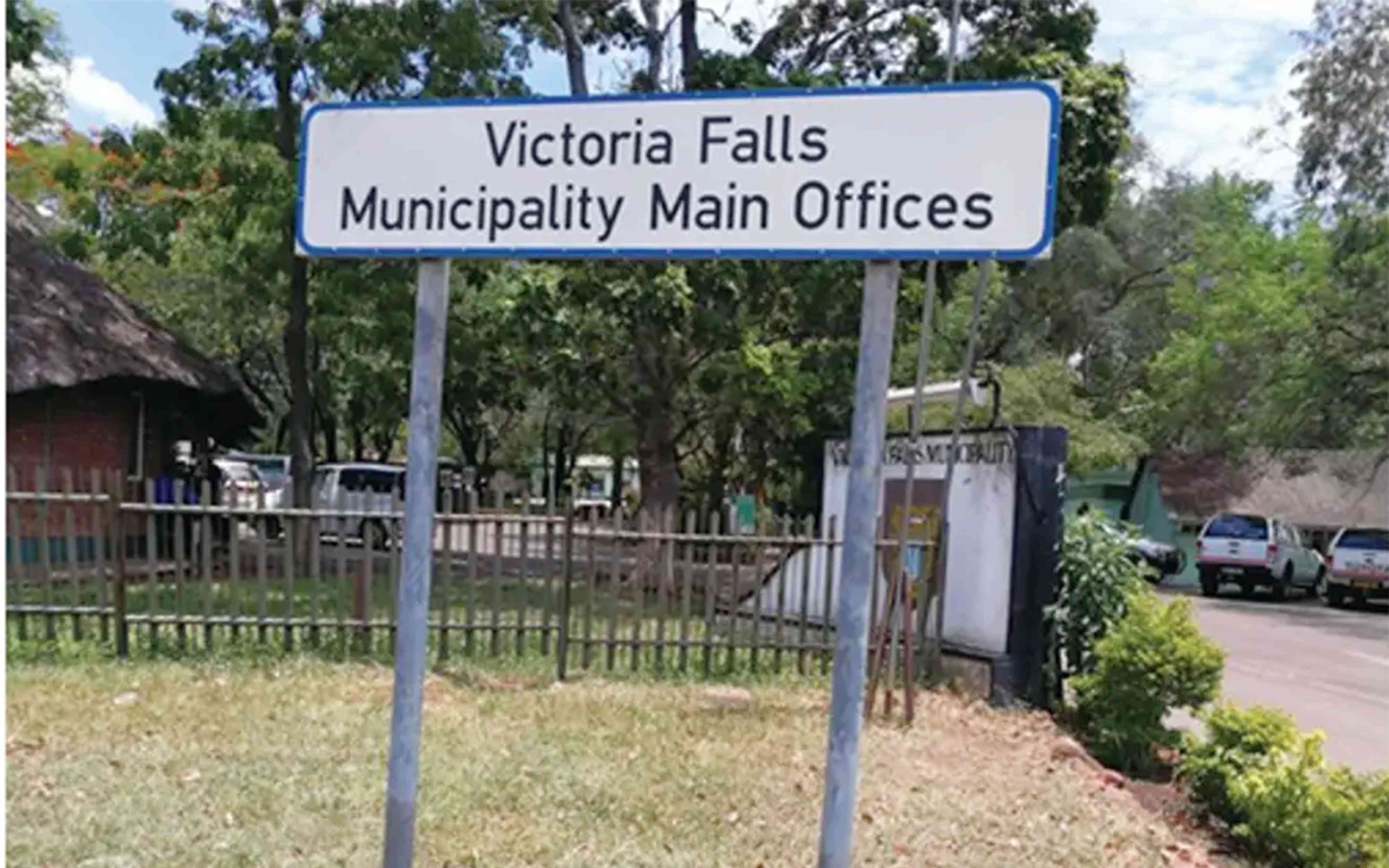
The Reserve Bank of Zimbabwe (RBZ) has unearthed large-scale illicit financial flows (IFFs) in real estate and motor vehicle dealerships, exposing industrial-scale looting beyond the long-known minerals sector.
In its 2024 Financial Stability Report, the RBZ said new patterns of money laundering, tax evasion, and smuggling had emerged in under-regulated sectors, where cash transactions dominate and anti-money laundering systems are weak.
“Real estate, car dealers and precious stone or precious metal dealers are the sectors that are most susceptible to money laundering,” the RBZ said.
“This is partly due to the widespread use of cash transactions and partly due to weak anti-money laundering controls in these sectors.”
While public discourse on IFFs in Zimbabwe has largely centred on gold and diamonds — with the Centre for Natural Resource Governance estimating up to US$15 billion is lost annually — the central bank said these new revelations paint a broader picture of financial crimes bleeding the economy.
“The high informalisation of the Zimbabwe economy and the widespread use of US dollar cash also present challenges in effective monitoring and combat of money laundering,” the RBZ added.
Although it did not quantify the exact value of illicit flows in real estate and the auto trade, there have been concerns that authorities were taking too long to tackle the problem.
The country’s third National Risk Assessment, done using a World Bank tool, rated Zimbabwe’s overall money laundering risk as medium, driven by a medium-high vulnerability rating.
- RBZ blocks Harare US dollar charges
- Zimra seizes CCC campaign vehicle
- Industry cries foul over new export surrender requirements
- One stitch in time saves nine
Keep Reading
Lawyers first raised red flags last year, revealing to the Zimbabwe Independent that they were processing millions in untraceable US dollar transactions for property acquisitions — often for wealthy Zimbabweans seeking to offload cash quickly into high-value assets.
The RBZ noted that major financial crimes behind IFFs included “tax evasion, corruption, fraud, drug trafficking, smuggling and illegal dealing in precious stones and precious metals”.
This came as the Zimbabwe Revenue Authority (Zimra) intensified a sweeping anti-smuggling blitz, impounding US$10,6 million worth of contraband during the first half of 2024, aided by cutting-edge surveillance technologies, including drones.
Zimra marketing and corporate affairs executive, Gladman Njanji, said the authority had intercepted goods such as alcohol, groceries, electrical appliances,meat products, and clothing at various border points, including Beitbridge.
“To date, a total of ZiG 129,673,959.88 (US$4,822,386) and US$614,851.30 has been recovered in duties from goods that have since been released,” Njanji said. “Duties payable on goods still under detention currently stand at ZiG 89,203,789.49 (US$3,317,359.22) and US$ 1,8 million”
Zimra recorded 1 029 smuggling-related cases since launching the blitz last year, comprising 384 seizures and 645 detentions.
Still, the scale of the crisis remains daunting.
The Zimbabwe National Chamber of Commerce (ZNCC) warned recently that up to US$2,2 billion is lost every year through smuggling, wiping out an estimated 20 000 jobs as struggling industries collapse under a flood of cheap, untaxed imports.
"The porous nature of Zimbabwe's borders facilitates the smuggling of goods, which undermines the formal economy and leads to widespread illegality and informality," ZNCC said in a paper submitted to Treasury.
The report noted that illicit imports were triggering job market carnage and bankruptcies in key sectors, including retail and textiles, and accelerating deindustrialisation.
“Transit fraud makes the playing field uneven and drives out local manufacturers and legitimate players in the industry to the ground,” ZNCC warned.
Authorities say smugglers now exploit informal cross-border trade networks using buses and trucks to move large consignments, while also using loopholes in the travellers’ rebate system that allows duty-free imports below US$200.
Zimra is now requiring small businesses to register and adopt point-of-sale systems, threatening closures for non-compliance. The crackdown forms part of a broader government initiative to formalise the informal sector and stabilise domestic industry.
This crackdown comes amid wider economic headwinds. With over 60% of the economy now informal and an estimated US$2,5 billion circulating outside the banking system, policymakers face growing pressure to plug revenue leakages and restore economic order.
The Reserve Bank of Zimbabwe (RBZ, pictured) has unearthed large-scale illicit financial flows (IFFs) in real estate and motor vehicle dealerships, exposing industrial-scale looting beyond the long-known minerals sector.
In its 2024 Financial Stability Report, the RBZ said new patterns of money laundering, tax evasion, and smuggling had emerged in under-regulated sectors, where cash transactions dominate and anti-money laundering systems are weak.
“Real estate, car dealers and precious stone or precious metal dealers are the sectors that are most susceptible to money laundering,” the RBZ said.
“This is partly due to the widespread use of cash transactions and partly due to weak anti-money laundering controls in these sectors.”
While public discourse on IFFs in Zimbabwe has largely centred on gold and diamonds — with the Centre for Natural Resource Governance estimating up to US$15 billion is lost annually — the central bank said these new revelations paint a broader picture of financial crimes bleeding the economy.
“The high informalisation of the Zimbabwe economy and the widespread use of US dollar cash also present challenges in effective monitoring and combat of money laundering,” the RBZ added.
Although it did not quantify the exact value of illicit flows in real estate and the auto trade, there have been concerns that authorities were taking too long to tackle the problem.
The country’s third National Risk Assessment, done using a World Bank tool, rated Zimbabwe’s overall money laundering risk as medium, driven by a medium-high vulnerability rating.
Lawyers first raised red flags last year, revealing to the Zimbabwe Independent that they were processing millions in untraceable US dollar transactions for property acquisitions — often for wealthy Zimbabweans seeking to offload cash quickly into high-value assets.
The RBZ noted that major financial crimes behind IFFs included “tax evasion, corruption, fraud, drug trafficking, smuggling and illegal dealing in precious stones and precious metals”.
This came as the Zimbabwe Revenue Authority (Zimra) intensified a sweeping anti-smuggling blitz, impounding US$10,6 million worth of contraband during the first half of 2024, aided by cutting-edge surveillance technologies, including drones.
Zimra marketing and corporate affairs executive, Gladman Njanji, said the authority had intercepted goods such as alcohol, groceries, electrical appliances,meat products, and clothing at various border points, including Beitbridge.
“To date, a total of ZiG 129,673,959.88 (US$4,822,386) and US$614,851.30 has been recovered in duties from goods that have since been released,” Njanji said. “Duties payable on goods still under detention currently stand at ZiG 89,203,789.49 (US$3,317,359.22) and US$ 1,8 million”
Zimra recorded 1 029 smuggling-related cases since launching the blitz last year, comprising 384 seizures and 645 detentions.
Still, the scale of the crisis remains daunting.
The Zimbabwe National Chamber of Commerce (ZNCC) warned recently that up to US$2,2 billion is lost every year through smuggling, wiping out an estimated 20 000 jobs as struggling industries collapse under a flood of cheap, untaxed imports.
"The porous nature of Zimbabwe's borders facilitates the smuggling of goods, which undermines the formal economy and leads to widespread illegality and informality," ZNCC said in a paper submitted to Treasury.
The report noted that illicit imports were triggering job market carnage and bankruptcies in key sectors, including retail and textiles, and accelerating deindustrialisation.
“Transit fraud makes the playing field uneven and drives out local manufacturers and legitimate players in the industry to the ground,” ZNCC warned.
Authorities say smugglers now exploit informal cross-border trade networks using buses and trucks to move large consignments, while also using loopholes in the travellers’ rebate system that allows duty-free imports below US$200.
Zimra is now requiring small businesses to register and adopt point-of-sale systems, threatening closures for non-compliance. The crackdown forms part of a broader government initiative to formalise the informal sector and stabilise domestic industry.
This crackdown comes amid wider economic headwinds. With over 60% of the economy now informal and an estimated US$2,5 billion circulating outside the banking system, policymakers face growing pressure to plug revenue leakages and restore economic order.











